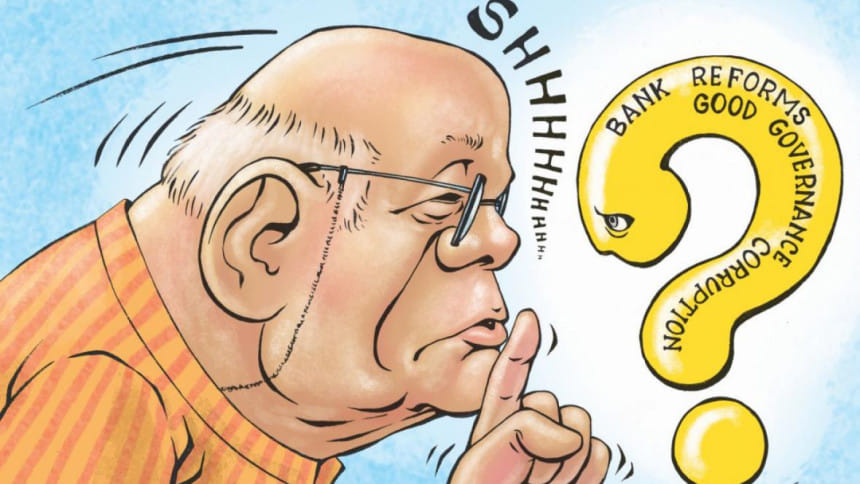Budget 2018: Suffering from the Ostrich Syndrome?

Analysis of this year's budget by experts and the media does not give the sense of optimism to ordinary citizens as expressed in the Finance Minister's budget address. This is because it has not addressed some of the major challenges that impede real economic growth and development. On the contrary, the budget seems to have made major concessions to defaulting sectors while providing very little relief to the fixed income middle class and lower income groups. The biggest challenge, moreover, is how the government will finance this huge budget in the wake of an abysmal rate of ADP implementation and a poor rate of revenue growth.
Experts have called the budget unrealistic and maintaining the status quo which is hardly encouraging for the public plagued by soaring inflation, deteriorating quality of healthcare, education and other public services. Corporate tax for listed and non-listed banks and insurance companies have been cut which seems quite illogical as it will only benefit the owners of these institutions with no affect on depositors or borrowers. This is especially jarring in the backdrop of the major crisis in the financial sector riddled with nonperforming loans, liquidity crisis and corruption scandals. Meanwhile the income tax ceiling of Tk 2.5 lakh has not been raised hence real income of people, which has dwindled due to inflation, has not been protected. In addition VAT on smaller apartments has been raised while on larger ones reduced which defies logic as it will only make it less affordable for lower income groups to buy a flat and cheaper for higher income groups.
Although the government has placed great emphasis on mega projects with a budget allocation of Tk 32,555 crore to speed up implementation, especially before the elections, the track record has not been good. Inefficiency, corruption and negligence of project officials have caused inordinate delays in implementation, hiking up the cost of projects even more.
There have been some positive sides in the new budget. Twelve lakh more people will be brought under the social safety net programme, introducing electronic transfer of funds to avoid irregularities. It is laudable that the government is prioritising projects targeting the poor and most vulnerable sections of society. The energy sector has also been allocated a bigger chunk of the budget to meet the ever increasing demand.
Overall, there has been little change in the budget and little indication that the problems of poor implementation of projects, the crisis in the banking sector, poor quality of education and health services and the burden of rising costs for lower income groups, will be solved anytime soon.

 For all latest news, follow The Daily Star's Google News channel.
For all latest news, follow The Daily Star's Google News channel. 




Comments